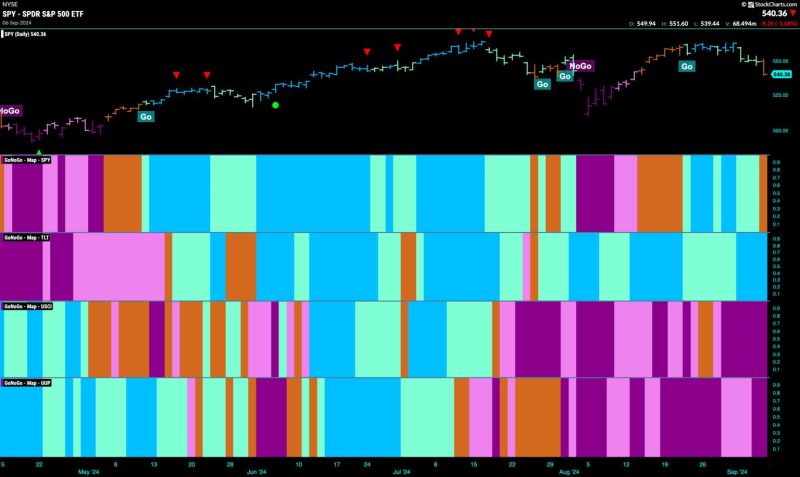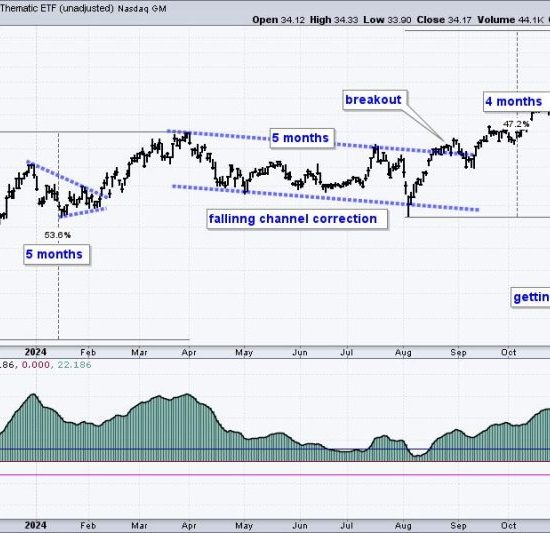Understanding the Market Patterns: An Analogy with Go Fish
Translating the jargon of the financial world into digestible information can sometimes be a challenging task. Let’s draw up an analogy with a popular children’s card game, Go Fish, and equities, commonly known as stocks. Unlike in Go Fish, players within the equity market are investors, and the cards symbolize shares of publicly-traded companies.
The Volatility: Fisher’s Dilemma
Anyone who has played Go Fish understands that the game’s outcome is primarily governed by sharp strategy and a fair share of luck. The dynamic financial markets echo the same principles. Much like a player unsure if the asked card is in the opponent’s hand, investors face similar risks. Share prices can be unpredictable and influenced by a wide variety of factors including industry trends, political environments, economic data, and company financials.
Similar to the strategy developments during a round of Go Fish, an equity investor continuously adapts their portfolio based on the market movements. A sharp drop in stock prices, akin to a Go Fish opponent drawing a powerhouse card, could trigger a sale or purchase of shares.
The Importance of Being ‘Healthy’:
When we talk about market health, we refer to how equities perform over a given period. Ideally, a ‘healthy’ market depicts steady growth, minimally influenced by abrupt price pressures and unexpected economic events. But much like the player’s strategy in Go Fish are confidential, the factors influencing market health are often undisclosed, leading to speculative and sometimes unfounded conclusions about its well-being.
Assessing Market Health:
Evaluating the health of the equity markets is crucial for investors to make informed decisions. Here, the cards in our Go Fish game translate to vital market data. The volume of trade, liquidity, equity indices’ performance, market volatility, and macroeconomic indications are similar cards that analyzing investors need to consider.
For instance, a high trading volume with steadily increasing prices might indicate a robust and healthy market. Conversely, a sudden drop in equity indices coupled with increased volatility might suggest illness, akin to a poor hand in our Go Fish game.
Stock Valuation and Market Health:
The valuation of stocks, much like the Go Fish game’s point system, provides significant hints about the market’s healthiness. Overvalued equities could mean a bubble which, when bursts, could lead to a market crash- much like playing high point cards early in Go Fish, leaving one’s hand vulnerable towards the game’s end.
Similarly, undervalued stocks present potential investment opportunities for sharp-eyed investors seeking long-term gains – like the quiet accumulation of small point cards in Go Fish that unexpectedly win the game.
The Interrelation with Other Investment Tools:
Just like how winning in Go Fish might need a change of tactics, so does ensuring a healthy equity market. It might mean leveraging other investment instruments like bonds, derivatives, or even alternative investments like real estate. Diversifying investment portfolios spreads the risk, ensuring that a blow to equities doesn’t cause significant financial harm.
An attentive and informed approach to equities is paramount to ensure success, much like the unwritten rule in Go Fish. It’s a continuous learning process where navigating the equity market, like the Go Fish game, can be compelling and rewarding despite the risks. As long as investors understand and adapt to the market dynamics, there’s always a chance for a winning hand in this high-stakes game.




